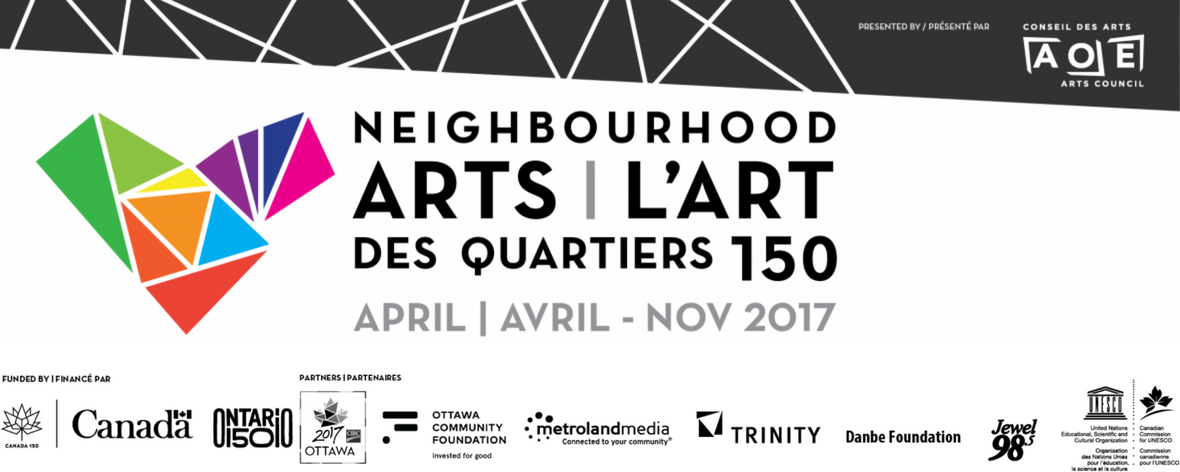It’s a good thing my photographer comes from the Pontiac. His rural street cred is necessary to help ease the tension when we first roll in from the big city. I’ve never thought that I’d live in a rural area, but I recognize the incredible advantage to having that built in recognition and sense of community.
When we meet seniors from these more remote neighborhoods, there is sometimes a hesitation, even suspicion, about what we might be doing, and what intentions we may have brought from downtown Ottawa. The impression, for some, is that the big city is not a particularly caring or friendly place. The idea comes from a sense of anonymity. One of the greatest things about a rural community is that you KNOW everyone. Like them or hate them, they are part of your ecosystem. And that can come hand in hand with an idea that there is no community – no shared responsibility – in a place where you cannot possibly know everyone.
I can see how it can look that way. But I’ve been incredibly lucky to have a really close knit and mutually supportive community in Ottawa, and being part of the Arts scene has played a huge part in that. For a small town, the entire population becomes part of this mutually sustaining ecosystem. Everyone recognizes, and therefore feels accountable to each other. One of the advantages of being so entrenched in the arts is that there is this funny little subset of “big city Ottawa” where the concerns and the mutual support feels in some ways like a small town. Although that can cause artists to struggle with economy of scale, it can also lend well to connecting with and sustaining a very devoted and supportive audience.
This project has reminded me that there are some wonderful things about being part of a community, and I’m reminded to appreciate the niche that the arts has provided in the Big City of Ottawa. So thanks Ottawa Arts. Mighty nice to know you.
Brenda Dunn artinjest


